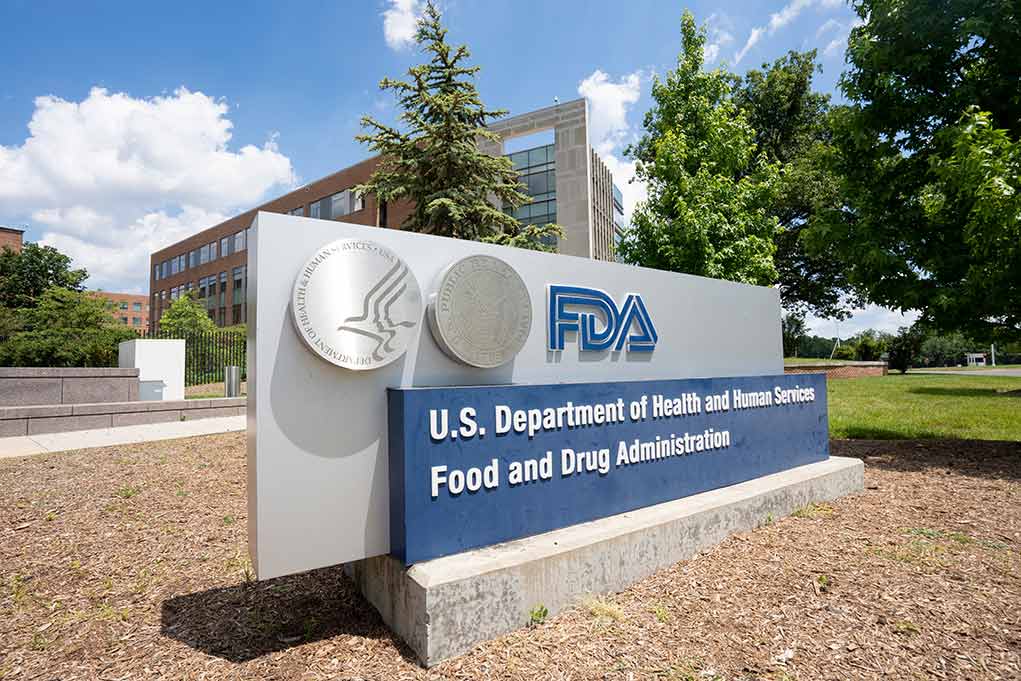
Revolutionary HIV prevention drug Yeztugo costs a staggering $14,109 per injection despite potential to virtually eliminate transmission of the deadly virus.
Key Takeaways
- FDA has approved Yeztugo (lenacapavir), administered as a biannual injection that nearly eliminated HIV transmission in clinical trials
- The drug showed 89% lower HIV rates compared to Truvada and 96% lower rates than expected without PrEP
- At $14,109 per injection, the drug’s prohibitive cost raises concerns about accessibility despite its breakthrough effectiveness
- Yeztugo represents the first in a new class of antiretrovirals that prevent HIV from replicating in immune cells
Breakthrough in HIV Prevention Technology
The FDA has approved Yeztugo, a groundbreaking HIV prevention drug developed by Gilead Sciences that requires only one injection every six months. This revolutionary medication, also known as lenacapavir, has demonstrated near-total protection against HIV in clinical trials, addressing a critical challenge in HIV prevention – patient adherence to daily pill regimens. The biannual injection format eliminates the need for daily medication, potentially transforming the landscape of HIV prevention for high-risk populations who struggle with consistent daily medication schedules.
Clinical trials have yielded remarkable results, with Yeztugo demonstrating an 89% lower HIV rate compared to Truvada, the current standard oral medication, and a 96% lower rate than expected without any preventative treatment. In a particularly noteworthy trial conducted among cisgender women in sub-Saharan Africa, not a single participant who received Yeztugo contracted HIV – a result that has generated significant optimism among healthcare professionals working to combat the global HIV epidemic.
Financial Barriers to Access
Despite its impressive clinical performance, Yeztugo’s steep price tag of $14,109 per injection raises serious concerns about accessibility,” said Mitchell Warren, This prohibitive cost could potentially limit the medication’s reach to those who need it most, particularly in underserved communities where HIV rates remain disproportionately high. Insurance coverage challenges and potential budget constraints in public health programs threaten to undermine the drug’s potential impact on reducing HIV transmission rates nationally, highlighting the persistent tension between medical innovation and healthcare accessibility.
“This is the single best opportunity in 44 years of HIV prevention,” said Mitchell Warren, executive director of AVAC, a global HIV prevention advocacy organization.
Gilead Sciences has announced efforts to facilitate broader access to Yeztugo through patient assistance programs for eligible individuals, particularly targeting those who are uninsured or underinsured. The company has also established partnerships with clinics serving vulnerable populations to expand distribution channels. These initiatives represent important steps toward addressing financial barriers, though questions remain about their sufficiency in ensuring equitable access across all demographic groups at risk for HIV infection.
Scientific Innovation and Public Health Impact
Yeztugo represents the first in an entirely new class of antiretroviral medications that prevent HIV from replicating within immune cells through a novel mechanism. This scientific breakthrough comes at a critical juncture in America’s fight against HIV, as transmission rates have declined slowly but remain persistent among certain high-risk communities. While PrEP (pre-exposure prophylaxis) use has increased in recent years, uptake remains limited among many vulnerable populations who could benefit most from protection against HIV transmission.
“We now have a very real opportunity to end the HIV epidemic once and for all,” said Daniel O’Day, Chairman and CEO of Gilead Sciences, regarding the approval of Yeztugo.
For the drug to achieve its full public health potential, medical experts emphasize that it must be “available easily and at low or no cost to people who can benefit from it who are uninsured or underinsured.” The medication’s ability to address racial and socioeconomic disparities in HIV prevention hinges on resolving these accessibility challenges. As the healthcare system navigates implementation of this new prevention tool, balancing innovation with equitable access remains the central challenge in leveraging Yeztugo’s breakthrough technology to meaningfully reduce HIV transmission rates across all American communities.
















